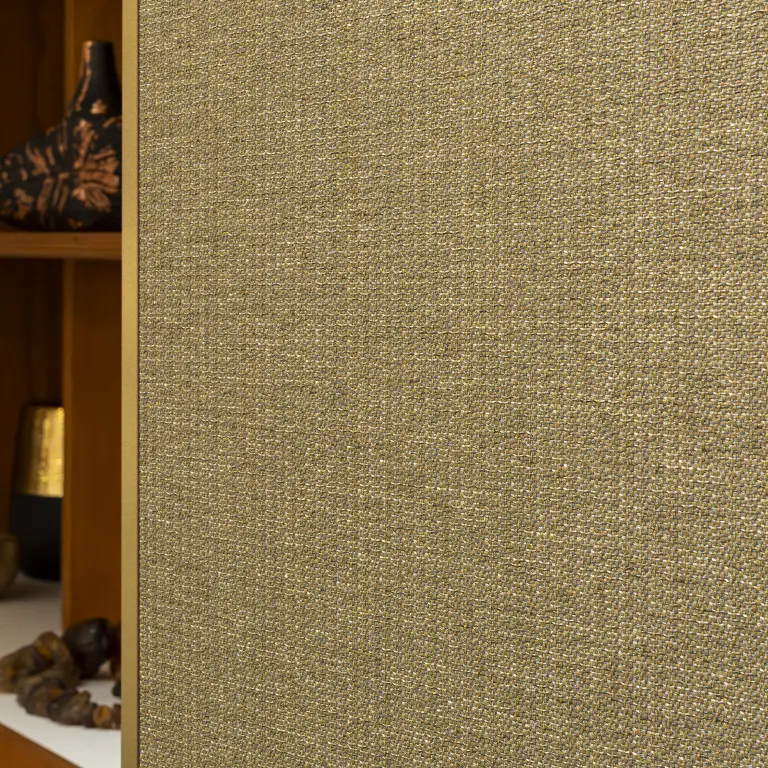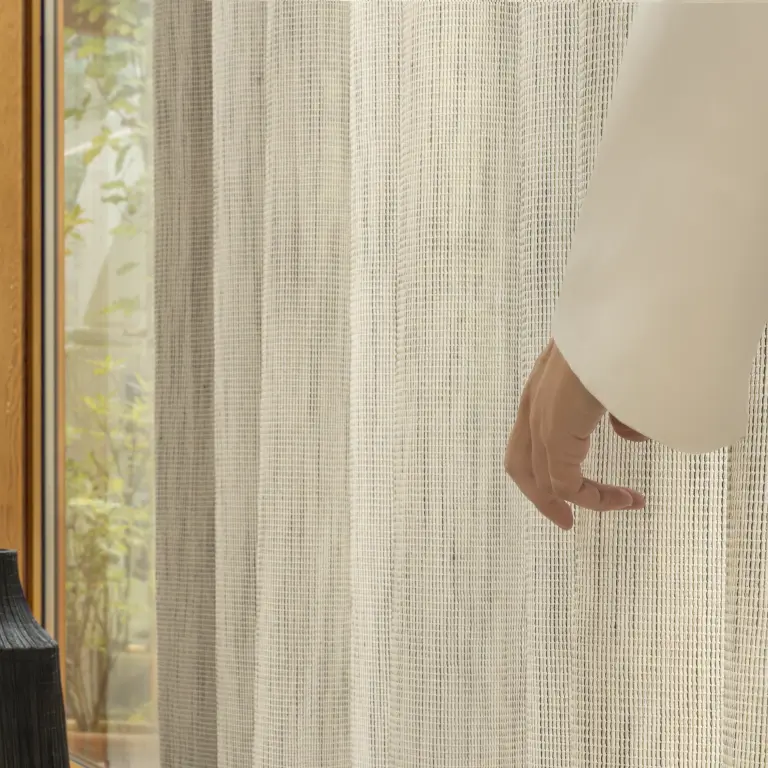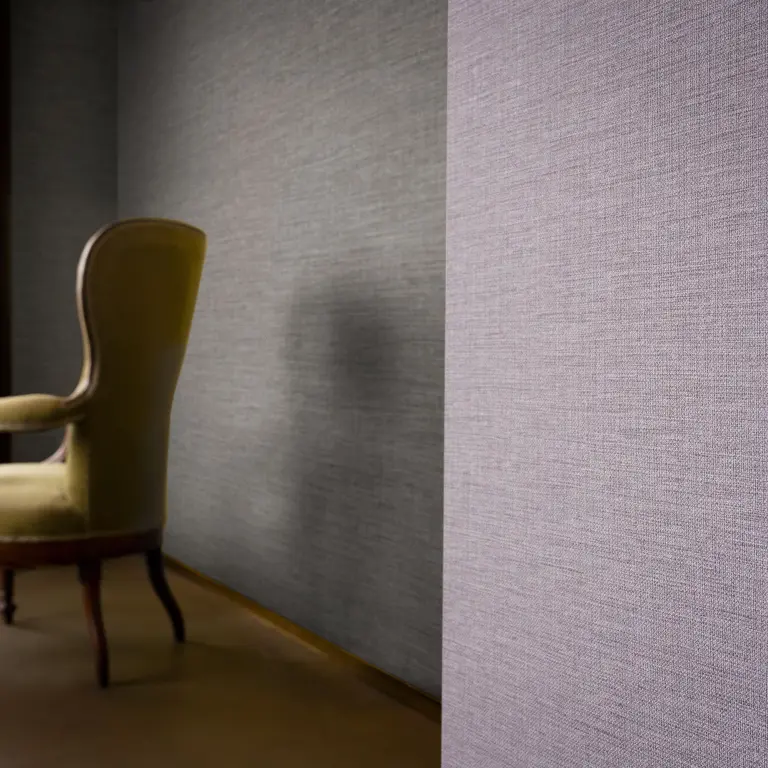

Material solutions that
enhance interiors
Subtle accents. Big impacts.
Vescom crafts premium wallcovering, upholstery, and curtain fabrics that enhance well-being in interiors. We provide architects, designers, commercial partners, and installers with sustainable, high-quality material solutions that meet diverse needs — from comfort and hygiene to safety, acoustics, and aesthetics.
.jpg/d2909ac40b3150c28d7f21906a7950bb.webp)
Materials connect people and spaces.
For more than 50 years, Vescom has been a maker of quality, beautiful and innovative material solutions that create synergy in spaces around the world. You can find our products in offices, hotels, care environments, educational facilities, theatres, restaurants, retail spaces, high-end residences and more.

Get inspired
All stories




